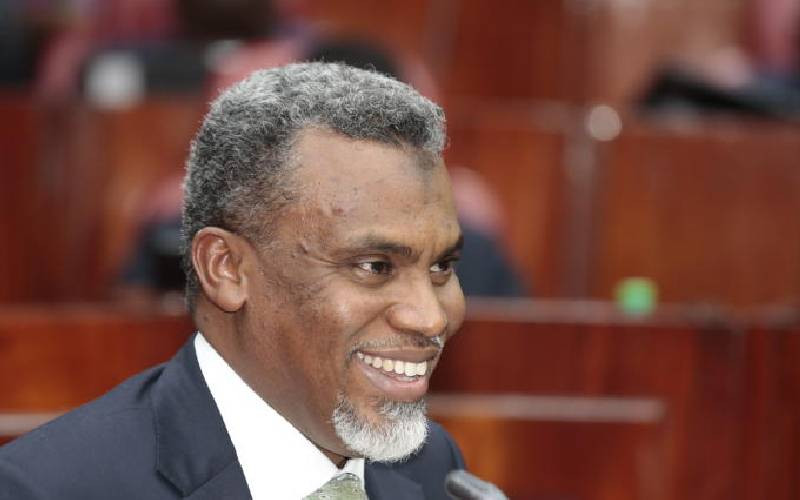×
The Standard e-Paper
Home To Bold Columnists

Two National Assembly committees have given the nod for the appointment of Noordin Haji as the National Intelligence Service Director General and Kamau Thugge as Governor of the Central Bank of Kenya.
The National Assembly resumed its plenary sittings on Tuesday after a month-long recess, ready to tackle it's overflowing in-tray that encompasses the debate of the Finance Bill, 2023.